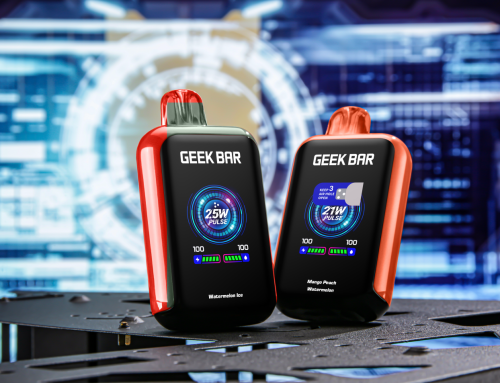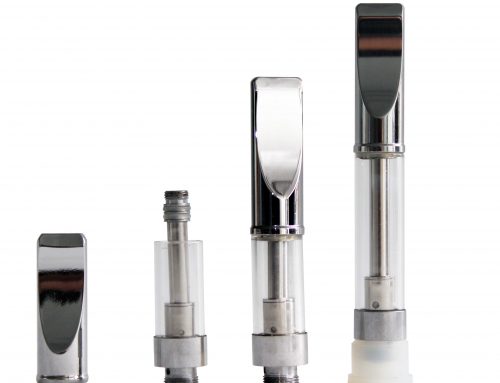DEA Considers Ban on Delta-8 THC, Raising Concerns in Cannabis Industry
In recent years, the cannabis industry has seen a surge of interest and innovation in the hemp-derived THC variant, Delta-8 THC. But as the compound gains popularity, the DEA is mulling over a federal ban, leading to uncertainties and concerns throughout the industry and beyond.
Delta-8 THC is a hemp-derived variant of THC that has psychoactive effects, but unlike its cousin Delta-9 THC, is legal under the 2018 Farm Bill as long as it contains less than 0.3% THC. This has led to a boom in Delta-8 products, including edibles, tinctures, and vape cartridges.
However, the legality of Delta-8 THC has been questioned by some, as it is created through a process of converting CBD into Delta-8 using chemicals, and whether or not it meets the legal definition of hemp has been a topic of debate.
The DEA’s consideration of a ban on Delta-8 THC has thrown a wrench in the industry’s plans, as businesses and consumers alike are unsure of the future of the compound and its products.
Some in the industry argue that a ban on Delta-8 THC could cause harm to small businesses that have invested significant resources into creating Delta-8 products, and may push consumers towards the illicit market.
Others point to the need for tighter regulations and oversight in the cannabis industry as a reason for potentially banning Delta-8 THC, as the compound may have unknown risks and effects.
Regardless of the outcome, the debate over the legality and regulation of Delta-8 THC highlights the complexities and challenges of navigating the ever-changing landscape of cannabis regulations and the federal ban on THC.



